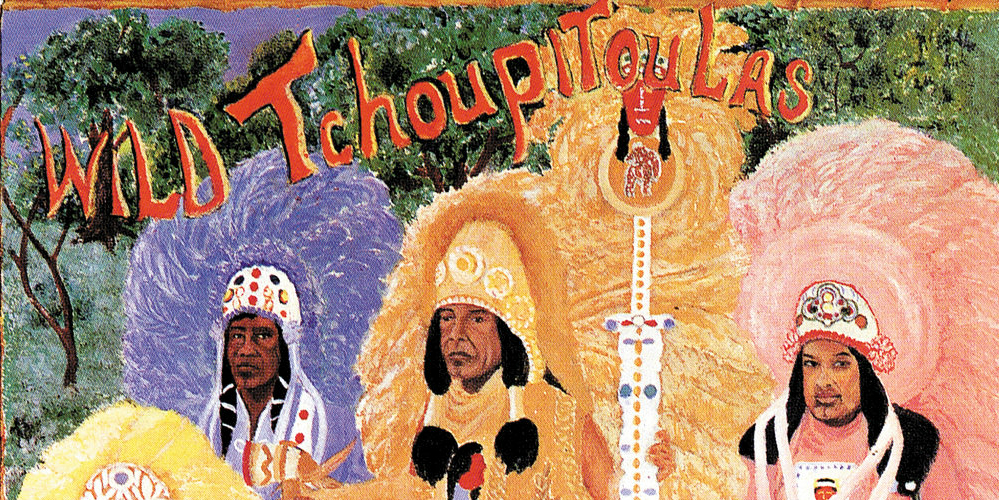
The Wild Tchoupitoulas
If you’ve spent time in New Orleans – or watched the HBO show Tremé — you may know about one of the most idiosyncratic customs of that highly idiosyncratic town. […]
 play_arrow
play_arrow
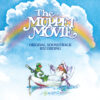 play_arrow
play_arrow
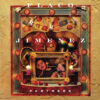 play_arrow
play_arrow
The Sounds of America: Flaco Jiménez’s Partners album BMPAudio
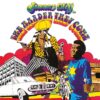 play_arrow
play_arrow
The Sounds of America: The Harder They Come Soundtrack BMPAudio
 play_arrow
play_arrow
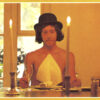 play_arrow
play_arrow
 play_arrow
play_arrow
 play_arrow
play_arrow
 play_arrow
play_arrow
 play_arrow
play_arrow
Science Of Happiness 76: If You Want to Be More Productive, Cut Yourself Some Slack BMPAudio
 play_arrow
play_arrow
 play_arrow
play_arrow
 play_arrow
play_arrow
Science of Happiness 73: How to Switch Off Your Critics BMPAudio
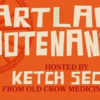 play_arrow
play_arrow
 play_arrow
play_arrow
Science of Happiness 72: How To Reconnect With Your Partner BMPAudio
 play_arrow
play_arrow
The Science of Happiness 71: Do You Want To Be More Patient? BMPAudio
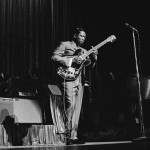 play_arrow
play_arrow
Red, White and the Blues BMPAudio
 play_arrow
play_arrow
The Science Of Happiness 70: How To Love People You Don’t Like BMPAudio
 play_arrow
play_arrow
The Science of Happiness 69: What’s Your “Why” In Life? BMPAudio
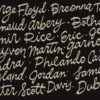 play_arrow
play_arrow
The Science of Happiness 68: From Othering to Belonging BMPAudio
 play_arrow
play_arrow
The Science of Happiness 67: Taking Small Steps toward Big Goals BMPAudio
 play_arrow
play_arrow
1A Memorial Day Special BMPAudio
 play_arrow
play_arrow
The Science of Happiness 66: How to Connect When You Must Stay Apart BMPAudio
 play_arrow
play_arrow
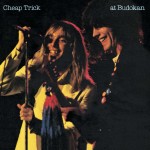 play_arrow
play_arrow
 play_arrow
play_arrow
The Science of Happiness 64: Helping Kids Think About the Good BMPAudio
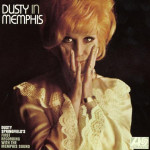 play_arrow
play_arrow
 play_arrow
play_arrow
The Science of Happiness 63: Remembering to Breathe BMPAudio
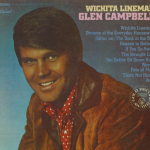 play_arrow
play_arrow
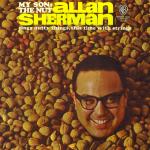 play_arrow
play_arrow
The Sounds of America: “Hello Muddah, Hello Fadduh” BMPAudio
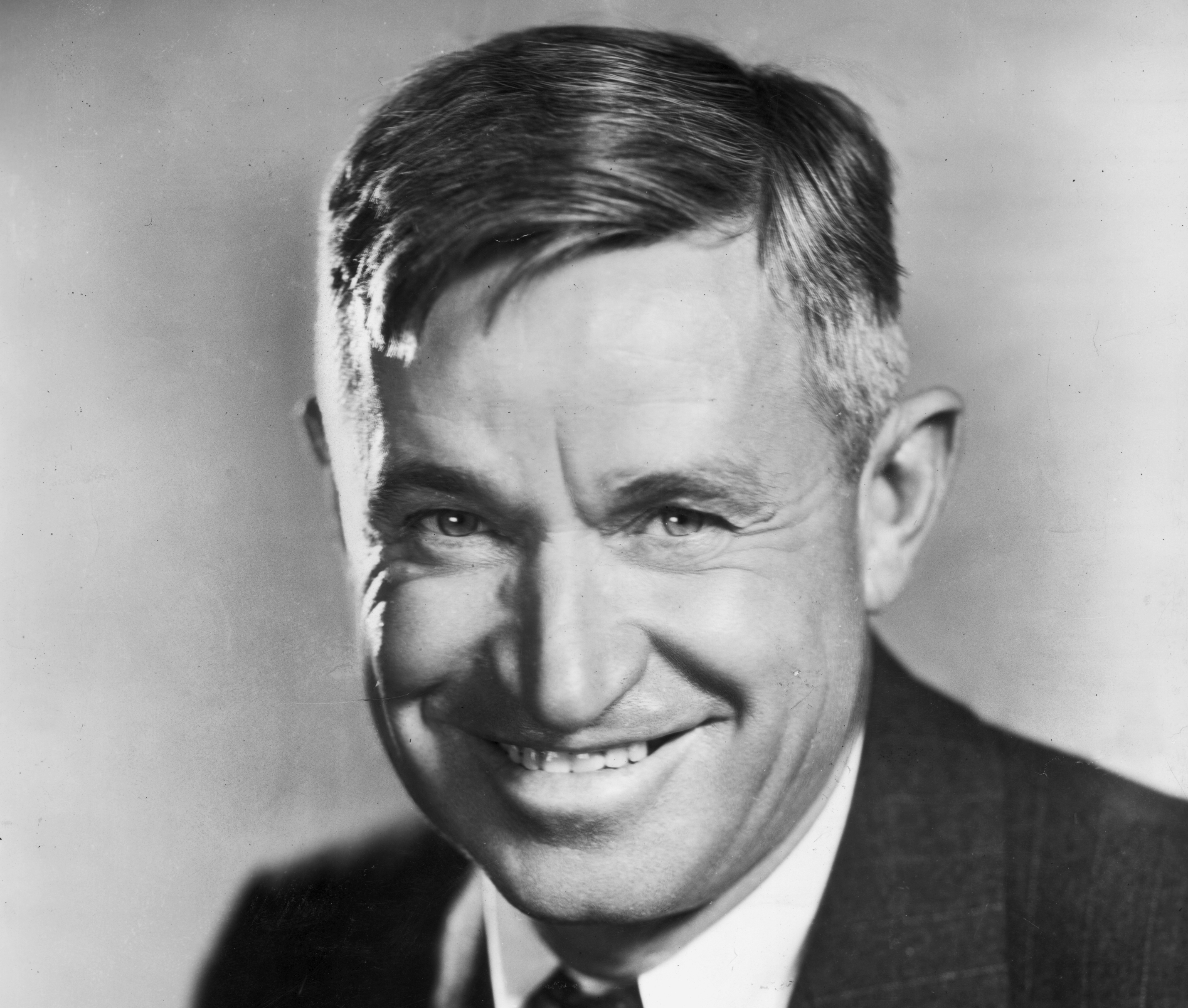
 play_arrow
play_arrow
Before there was Jon Stewart and Stephen Colbert, even before Lennie Bruce, there was Will Rogers, America’s first political comic. “There was a real gentleness to his form of satire that was truly admirable,” says Lewis Black, “It gave the same sting, but did not need to be done in the harsh fashion that I and a number of other comics practice.”
In the 1920s and 30s, the folksy Oklahoma Cherokee was a superstar: a newspaper columnist, a radio personality, an author, and a trick-riding Western movie star who was “the number one box office attraction next to Shirley Temple,” says biographer Richard White, Jr. “No one has ever taken over the media like Will Rogers.”
That’s why Herbert Hoover sought Rogers out to appear with him on October 18, 1931, when Hoover gave a major speech on the economic crises of the Depression. “I expect you won’t hear any more of Amos and Andy,” Rogers quipped. “It’ll just be Hoover and Rogers from now on.” Rogers’ talk was later given the title “Bacon, Beans, and Limousines,” and a recording was entered into the Library of Congress’ National Recording Registry this year.
“Bacon, Beans, and Limousines” was peppered with dark irony — “We’ll have the distinction of being the only nation to go to the poor house in an automobile,” he remarked famously — but Rogers was quite serious about unemployment. He blamed the Depression on the limousine riders who had “over-merged, over-capitalized, over-everything-else.” And he proposed that we “arrange some way of getting a more equal distribution of the wealth in country.” That’s the heart of the speech, according to Black. “If we took away everything else he said and just had him say ‘equal distribution of wealth,’” Black says, we could preserve it for “our great-grandchildren, so they can look it up and say, “‘Wow, that was an interesting idea.’”
Voices: Lewis Black, Steve Gragert, Richard D. White Jr.
Tagged as: Lewis Black, Richard D. White Jr., Steve Gragert, Will Rogers.

BMPAudio November 15, 2013
If you’ve spent time in New Orleans – or watched the HBO show Tremé — you may know about one of the most idiosyncratic customs of that highly idiosyncratic town. […]
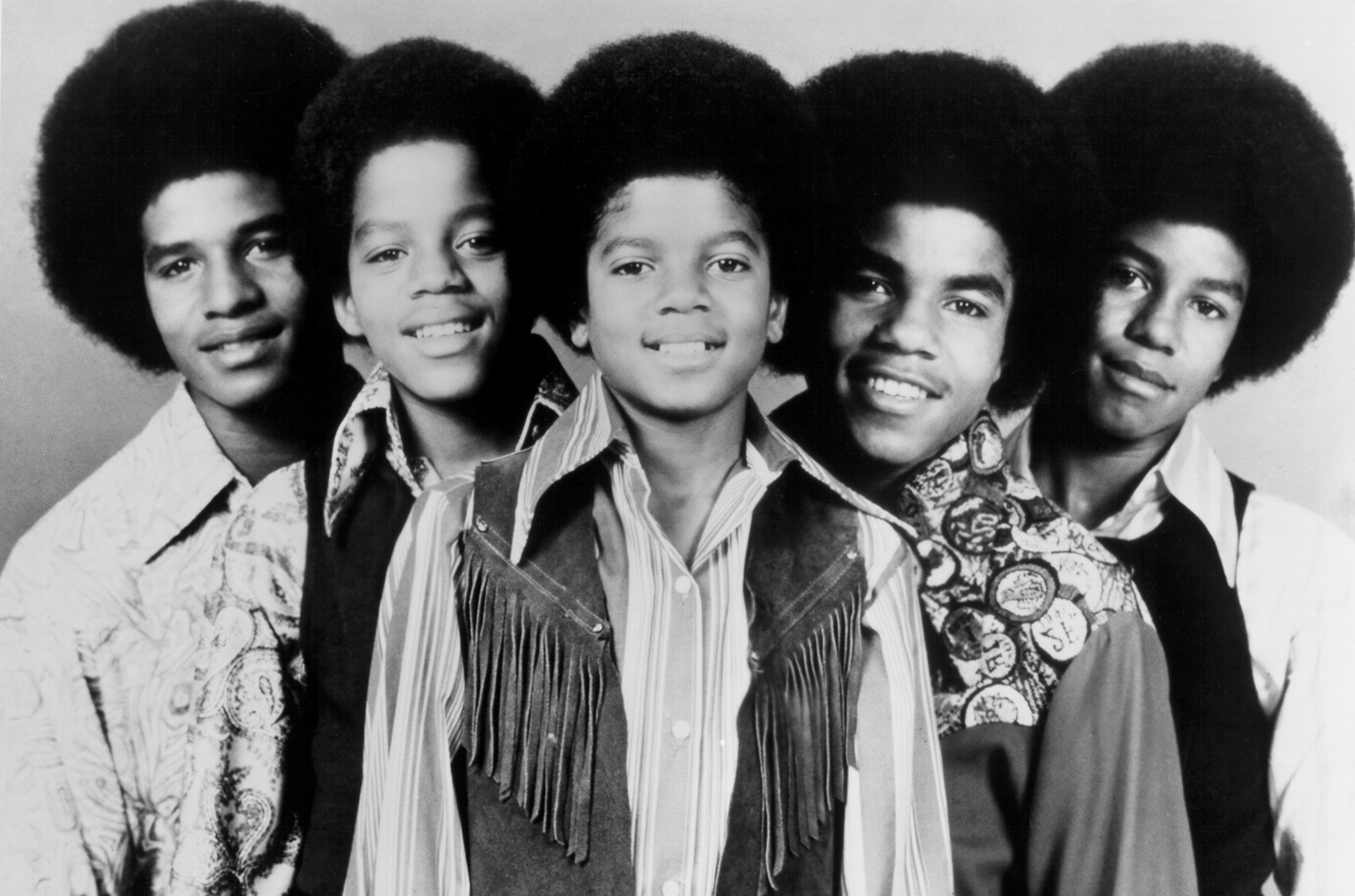
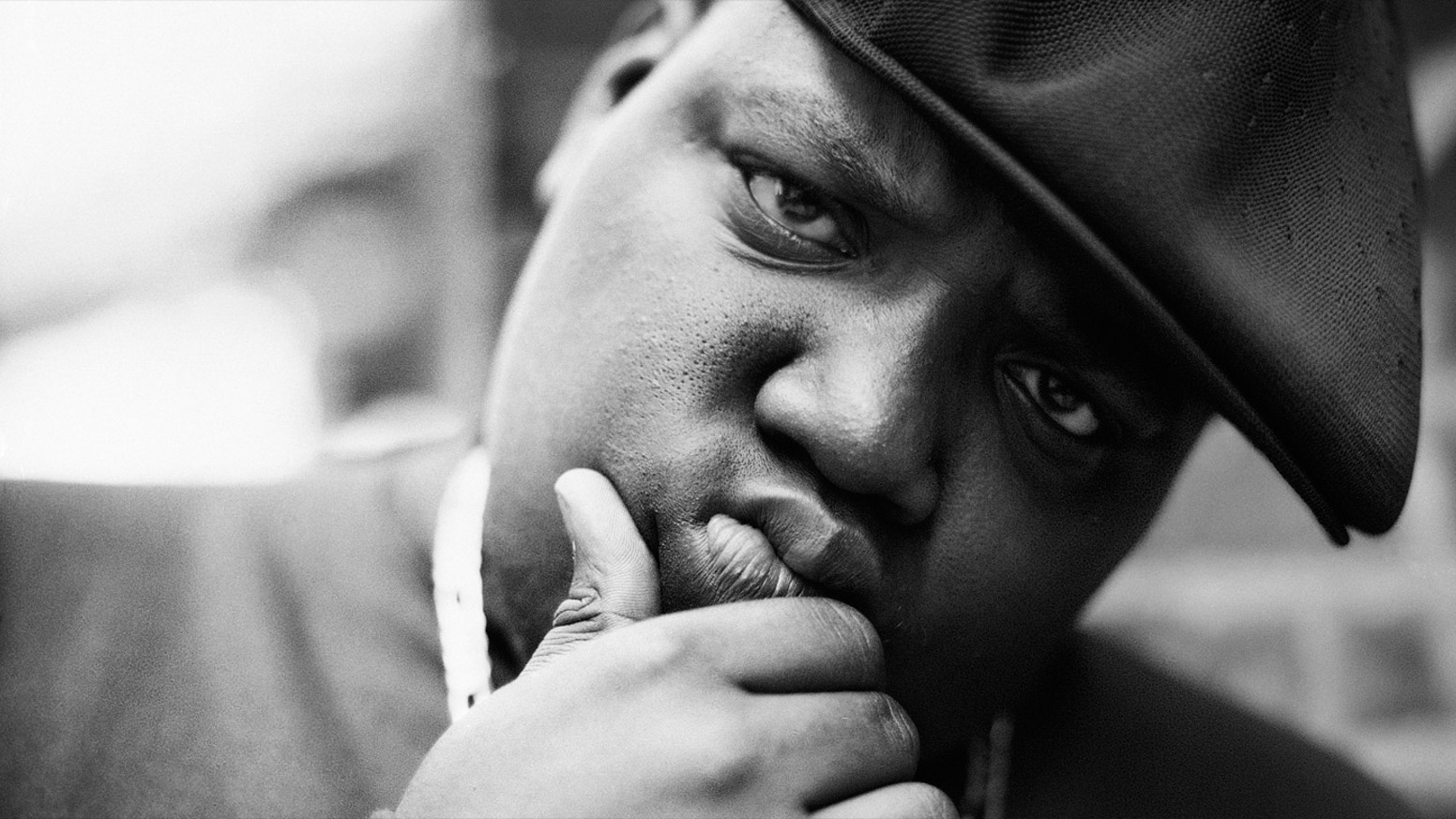
Whether a syndicated national radio series, podcast, documentary or audiobook, BMP Audio creates imaginative, sophisticated and effective sound tracks for your ideas. Our fully digital production facilities assure the highest level of audio fidelity. The world’s top broadcast companies know this – and that’s why they choose BMP Audio.